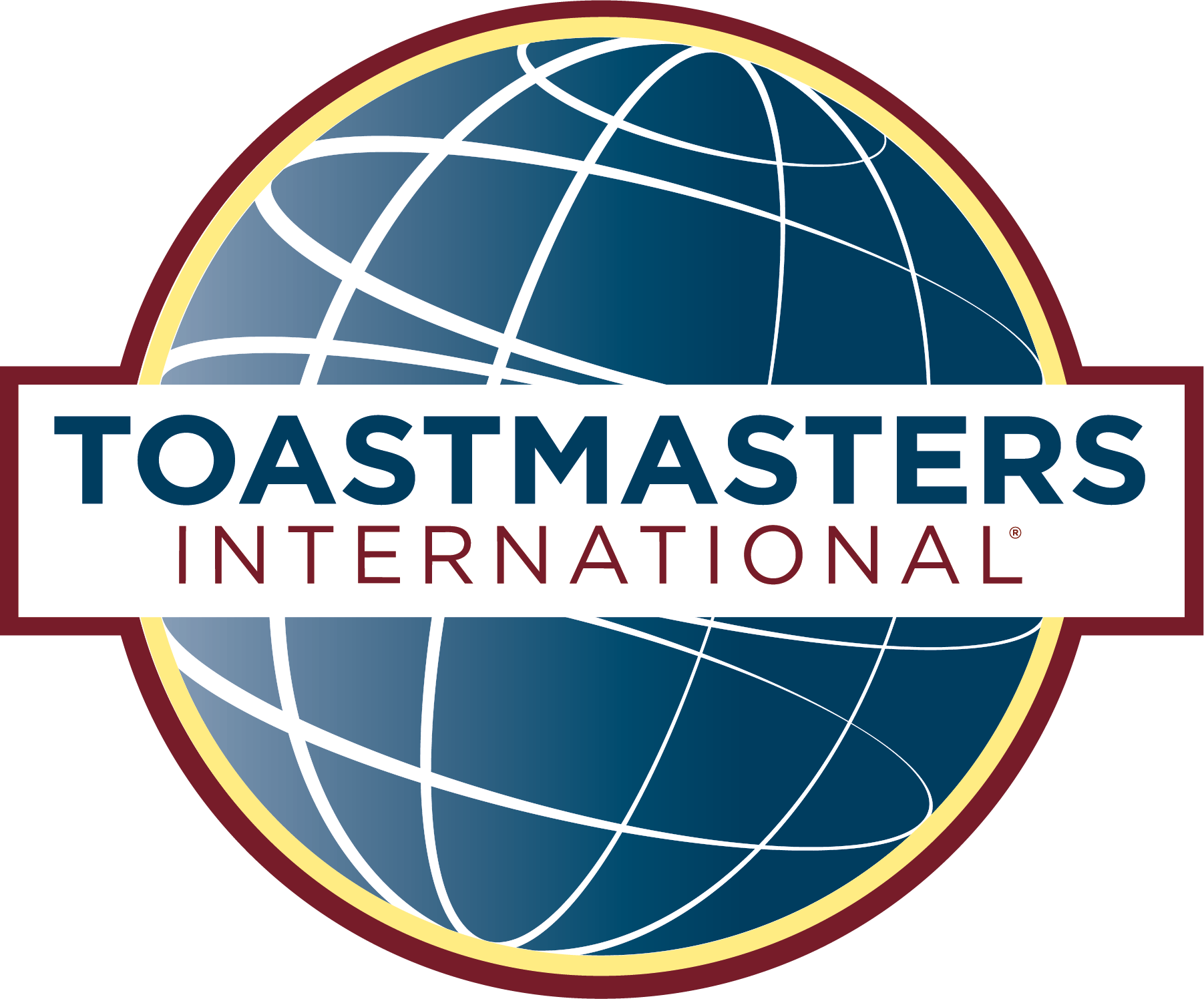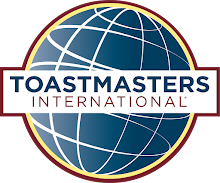Don't fall flat when it's time to chat.
How you communicate informally at events is every bit as important, if not more so, than how you come across when you’re in the spotlight giving a speech. In fact, knowing how to mingle and network may be more important to your overall success in life than anything else - which is why a Toastmasters club offers many opportunities for informal gatherings.
- Do you avoid occasions where you think you may not know many – or any –of the attendees?
- Do you tend to speak only to those you already know or do you wait for an introduction?
If this describes you, you may be missing many interesting and beneficial opportunities.
It can help to know that others appreciate someone who takes the initiative to approach them. Here are some networking tips from an article in the Toastmaster magazine by Katherine Meeks: Start by saying “Hi, my name is….” to a person standing alone.
- Talk about the food when you are standing in the buffet line or seated at the table.
- Approach a small group by reading the body language of participants to see if they are open for newcomers. Do they smile at you? Or do they lean toward each other in deep conversation?
- Ask about the person’s connection to the individual or organization hosting the event.
- Try to find something in common.
- Be pleasant and curious. Ask questions!
- Avoid controversial or negative comments or topics with people you don’t know well.
- Bring your business cards!
Read the complete article.
Mingling creates new connections and possibilities. Professional networking is about meeting people and letting them meet you. This is what communication is all about. Like anything else, it takes practice. That is why Toastmasters International has created multiple online social networks for its members: So they can practice the art of mingling and networking with other members from around the world.
Article from Toastmasters International
http://www.toastmasters.org/Members/SpotlightArticles/TheArtofMingling.aspx








